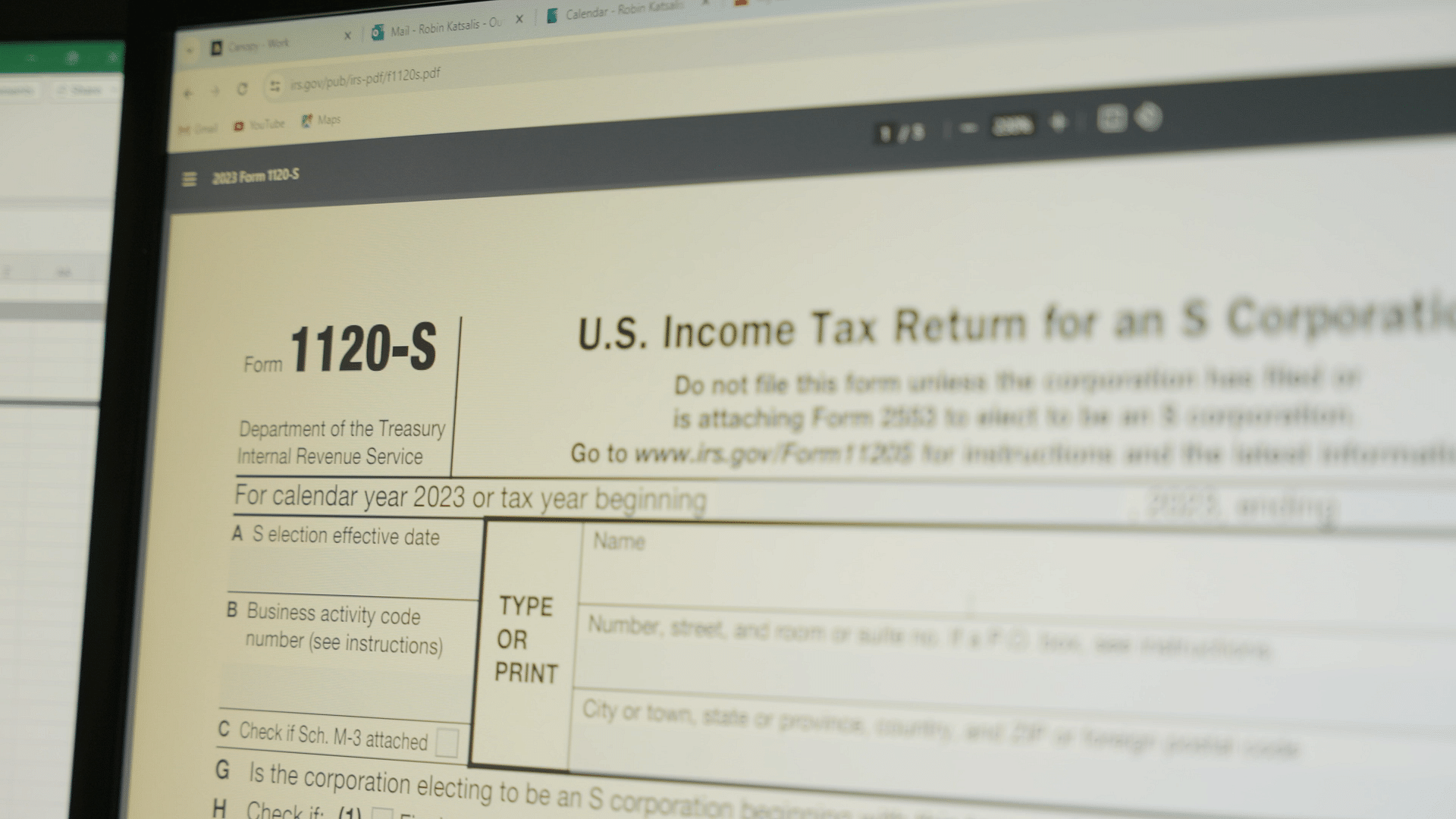
15 Year-End Tax Tips
Dec 4th, 2020
At the end of each year there are a number of things to consider that may have a positive impact on your tax obligation. Here is a list of fifteen ideas that may be worth a quick review.
1. Make last minute charitable donations.
2. Review and maximize use of the $15,000 annual gift giving limit.
3. Review your investment portfolio for capital gain and loss planning.
4. Use your annual $3,000 net capital loss limit to lower ordinary income if appropriate.
5. Maximize the kiddie tax threshold rules ($2,200 of unearned income taxed at your child's lower tax rate).
6. Consider fully funding retirement account annual contributions.
7. Identify any potential tax forms required for household employees.
8. Consider donating appreciated stock owned one year or longer.
9. Review retirement accounts. While required minimum distributions (RMD) are waived this year, you may still wish to remove funds to be tax efficient.
10. Review medical and dependent care funding accounts to ensure you do not lose contributions that do not rollover into the new year.
11. Consider retirement plan rollover options into Roth IRAs.
12. Estimate your tax liability and make any final estimated tax payments. This is especially important to small business owners that must pay taxes on any potential loan forgiveness.
13. Create a list of expected 1099 and other tax forms you will be receiving. Remember to note that you may be receiving 1099-NEC forms that are new this year!
14. Review your W-2 withholdings and file any changes with your employer for the upcoming year.
15. Begin organizing your tax records.
Should you have any questions on these ideas, ask for help prior to taking action. In many cases, the requirements and documentation needed are important to ensure you receive the full tax savings benefit.


Let’s Help Eliminate Your Stress
If you choose Appletree Business Services for your bookkeeping, payroll or tax needs, you’ll find that good things begin to happen in your business. Your common financial challenges will become simple with a clear map to create your ideal situation. More than that, we’ll identify your “typical” stresses and help make them go away.